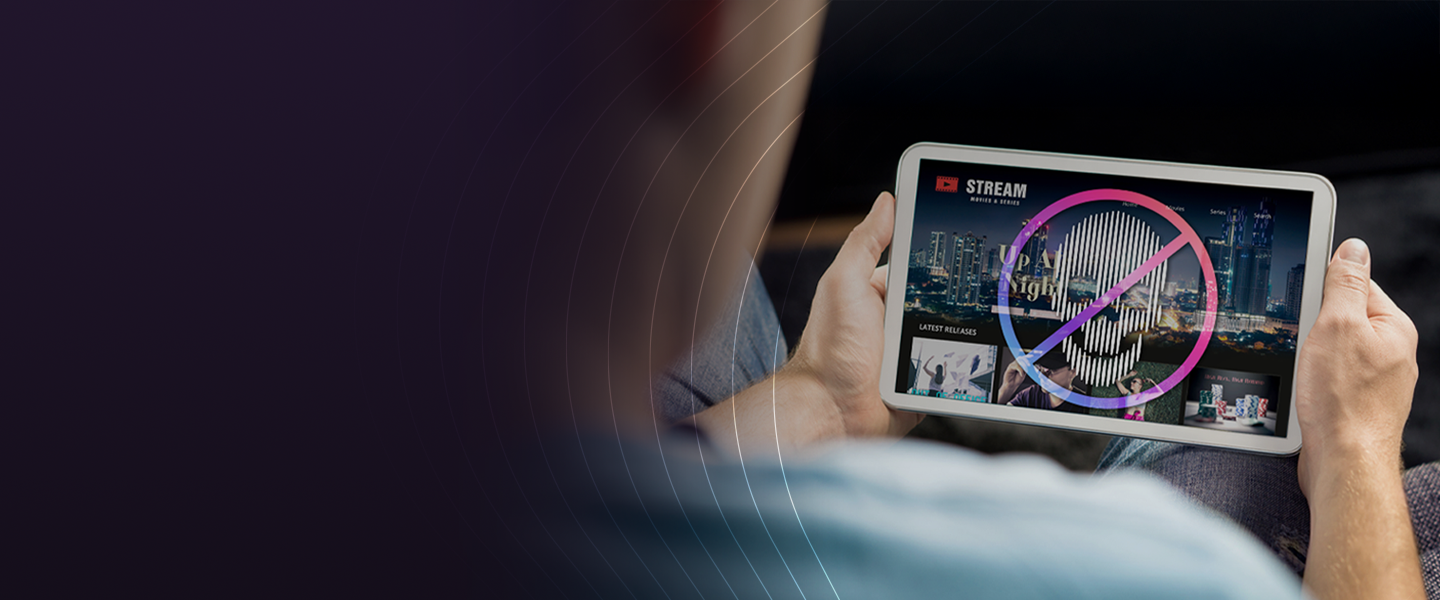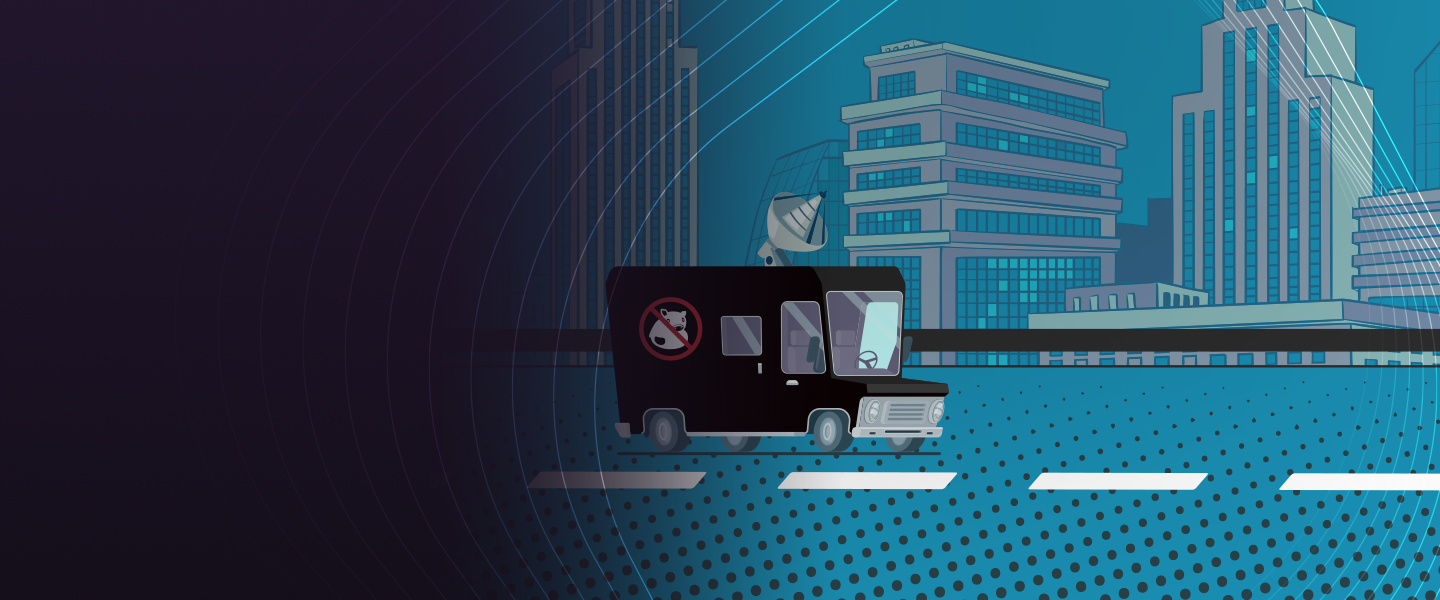Video piracy has emerged as one of the persistent threats looming over the video entertainment industry, with ever-evolving techniques created to bypass content security measures.
No more low-quality cam releases, pirates now deploy advanced techniques to get into the service providers’ deep-level information processing, stealing and illegally redistributing premium content to the internet. And the latest technique that helps them do that is Content Delivery Network (CDN) leeching.
What is a CDN?
A CDN is a distributed network of servers, integral to the delivery of streaming video, amongst other types of digital content, to users close to their geographical location.
Why are CDNs important?
In a globalized digital landscape where users demand instant access to high-quality content, CDNs act as the backbone of video delivery systems. This decentralized approach significantly improves the speed and reliability of content delivery by reducing latency and distributing the load across multiple servers.
Without an efficient CDN, providers would face challenges in delivering content, promptly leading to buffering issues, poor video quality and an overall subpar user experience. As the demand for high-definition and 4K video content continues to grow, the role of CDNs becomes even more crucial in meeting these escalating expectations.
What does CDN leeching mean?
CDN leeching refers to the unauthorized or improper use of a CDN, where content is being stolen and republished to other platforms. This is carried out by pirates who unlawfully infiltrate the delivery infrastructure of the legitimate service providers.
Why is this method becoming popular for pirates?
CDN leeching is enticing for several reasons:
- Accessibility to content: CDN access serves as an entry point for pirates to obtain copyrighted content. Typically, they will reverse engineer video applications (e.g., browsers) to understand how to access and extract the CDN content, enabling them to distribute pirated material more efficiently.
- Economic advantage: Pirates exploit CDN access to host and distribute pirated video content without bearing the full costs of hosting on their servers.
- Global distribution: CDNs have servers distributed globally, enabling pirates to reach an international audience without requiring extensive infrastructure of their own.
- Enhanced performance: CDNs enhance the speed and performance of content delivery by sending files from servers located close to end-users. Pirates leverage CDN infrastructure to deliver pirated content more quickly and with lower latency, thus enhancing the streaming experience for their illicit users.
What is the market and consumer drive of CDN leeching?
The phenomenon of CDN leeching is not a random occurrence but rather a result of various market and consumer drivers:
- Device diversity and compatibility challenges: A wide array of devices for accessing video content, with its own specifications, security capabilities and operating systems, presents a significant challenge in terms of ensuring compatibility across the industry for streaming video providers. As users seek seamless access to content on their preferred devices, the pressure to address compatibility issues compounds, sometimes leading to unauthorized means of access when official support is lacking.
- Piracy-enabling devices and illicit streaming services: The rise of piracy-enabling devices – often preloaded with unauthorized streaming apps and access to pirated content – contributes to the prevalence of CDN leeching. The availability and affordability of such devices in the market create fertile ground for users inclined towards accessing content through illicit means.
- Desire for access and convenience: Access to a wide range of content drives some users towards unauthorized services, especially when faced with limitations or restrictions on official channels. The convenience offered by piracy-enabling devices and illicit streaming services often outweighs concerns about legality or ethical implications for certain segments of the consumer base.
What are the business impacts of CDN leeching on the video entertainment industry?
The cost implications of CDN leeching are a significant concern for operators in the video streaming industry.
- Higher operational costs: The sheer volume of data consumed by pirate services translates to substantial expenses for operators, as they must allocate additional resources to accommodate this heightened demand. These escalating operational costs strain the cost-effectiveness of CDN services, posing a significant financial challenge for streaming providers striving to maintain profitability in a competitive market.
- Performance degradation: CDN leeching can degrade the performance of video streaming services for legitimate users, resulting in slower load times and decreased responsiveness. This degradation in service quality undermines user satisfaction and erodes the competitive advantage of streaming providers, tarnishing their reputation and deterring potential subscribers.
- Decreased revenue due to churn: When subscribers encounter subpar streaming experiences or discover alternative sources offering the same content at a lower cost (or for free), they may opt to cancel their subscriptions, increasing churn rate and tanking recurring revenue for streaming providers.
- Legal ramifications: Unauthorized utilization of CDN resources violates the terms of service established by CDN providers, exposing streaming providers to potential legal liabilities. If pirate activities can be traced back to the actions or negligence of streaming providers, they may face legal repercussions and financial penalties.
- Resource integrity: Unauthorized access to CDN infrastructure by pirate entities can lead to resource overutilization, compromising the availability and performance of CDN services for legitimate users.
- Cybersecurity risks: Unauthorized access to CDN resources poses cybersecurity risks, potentially exposing sensitive information and creating vulnerabilities for cyber threats. Pirate exploitation of CDN infrastructure may result in data breaches, malware propagation and other cyber-attacks, compromising the security and privacy of users’ data.
Fighting CDN leeching is not easy, so let’s do it together!
Contact us to combat CDN leeching, piracy and enhancing content protection measures!










/Images/Module%20-%20footer/spiral.svg)
